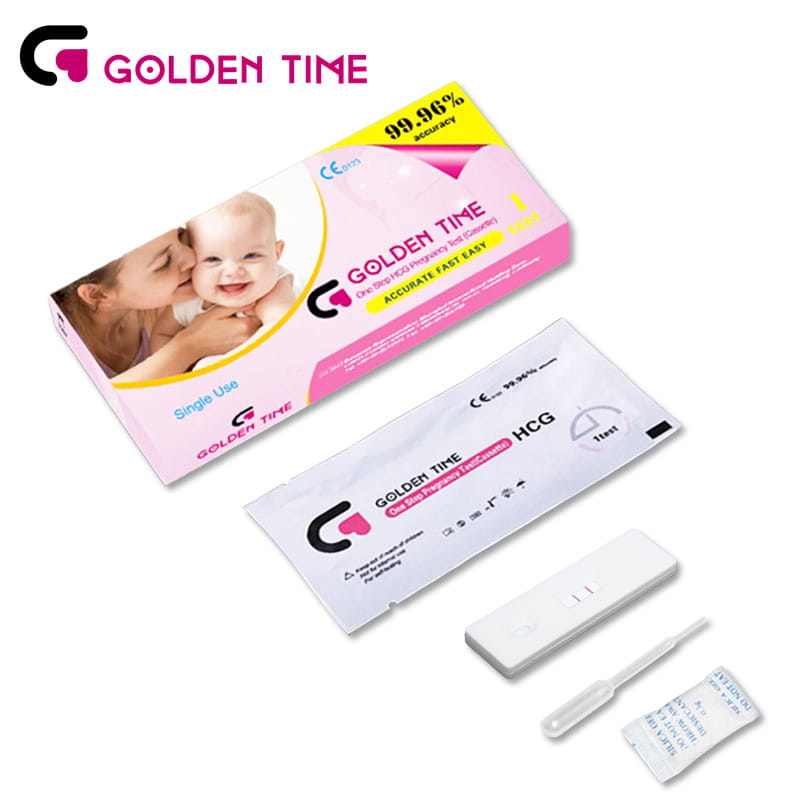Oct . 10, 2024 15:58 Back to list
best new fobt test
Unveiling the Best New FOBT Test A Revolution in Colorectal Cancer Screening
Colorectal cancer (CRC) remains one of the leading causes of cancer-related mortality worldwide. Early detection is paramount in improving prognosis and survival rates. Fecal occult blood testing (FOBT) has been a cornerstone of colorectal cancer screening, but traditional methods have their limitations. However, advancements in medical technology have led to the development of new FOBT tests that promise greater accuracy, convenience, and reliability. This article explores the latest innovations in FOBT testing and their implications for colorectal cancer screening.
The Need for Improved Screening
Colorectal cancer is often asymptomatic in its early stages, which makes routine screening essential. Conventional FOBT methods, such as guaiac-based tests, detect hidden blood in the stool but can yield false positives due to dietary factors, medications, or even menstruation in women. As a result, many patients undergo unnecessary follow-up procedures, which can induce anxiety and lead to increased healthcare costs. The need for a more precise and user-friendly solution is evident.
Introducing the Best New FOBT Test
In recent years, researchers have developed advanced FOBT tests, leveraging the latest laboratory techniques. One notable example is the multi-target stool DNA (mt-sDNA) test, which analyzes stool samples for both blood and specific DNA markers associated with colorectal cancer. This innovative approach significantly increases the sensitivity and specificity of testing, allowing for earlier detection of abnormal growths and pre-cancerous lesions.
Advantages of the New FOBT Test
1. Higher Sensitivity and Specificity The new FOBT tests, particularly the mt-sDNA tests, boast a higher detection rate for colorectal cancers and advanced adenomas compared to traditional FOBT. Studies have shown that these tests can detect up to 92% of CRC cases, while standard guaiac tests typically detect only around 50-60% of such cases. This means fewer false negatives and a greater likelihood of catching the disease early, when it is most treatable.
best new fobt test

2. Convenience and Ease of Use The latest FOBT tests are designed with patient comfort in mind. Unlike traditional tests that require dietary restrictions or multiple samples over several days, many new tests can be conducted with just one stool sample. This improved convenience encourages higher participation rates in screening programs, ultimately leading to more lives saved.
3. Reduction in Unnecessary Colonoscopies With their increased accuracy, new FOBT tests can significantly reduce the number of false positives, which helps avoid unnecessary follow-up colonoscopies. This not only relieves patient anxiety but also conserves healthcare resources for more urgent cases.
4. Non-Invasive Nature The FOBT tests remain non-invasive, which is a critical advantage in encouraging widespread participation. Many patients may hesitate to undergo more invasive procedures like colonoscopies due to fear or discomfort. The ease of collecting a stool sample at home enhances compliance and accessibility, particularly among at-risk populations.
The Future of Colorectal Cancer Screening
As the best new FOBT test becomes more widely adopted, it’s essential for patients and healthcare providers alike to understand its implications. Education on its benefits and proper usage will be key to integrating it effectively into routine screening protocols. Furthermore, continuous research and development will be necessary to refine these tests further and incorporate new biomarkers that can enhance detection capabilities.
Healthcare organizations also play a crucial role in advocating for screening awareness, emphasizing the importance of regular screenings for individuals aged 45 and older, or those with a family history of colorectal cancer.
Conclusion
The best new FOBT test represents a significant leap forward in the fight against colorectal cancer. With higher sensitivity, greater convenience, and the potential for reducing unnecessary procedures, these advancements in screening technology hold promise for improving early detection and saving lives. As we continue to prioritize cancer screening, embracing innovations like the new FOBT tests can lead to a brighter future for public health and, ultimately, a reduction in colorectal cancer mortality rates.
-
Dengue NS1 Rapid Diagnostic Test Kit
NewsMar.07,2025
-
Dengue NS1 Rapid Diagnostic Test Kit
NewsMar.07,2025
-
Dengue NS1 Rapid Diagnostic Test Kit
NewsMar.07,2025
-
Transferrin Rapid Test Cassette Tumor Marker TF Card
NewsMar.07,2025
-
Malaria Pf Pan Rapid Diagnostic Test Kit
NewsMar.07,2025
-
malaria pf / pan ag rapid test
NewsMar.07,2025

